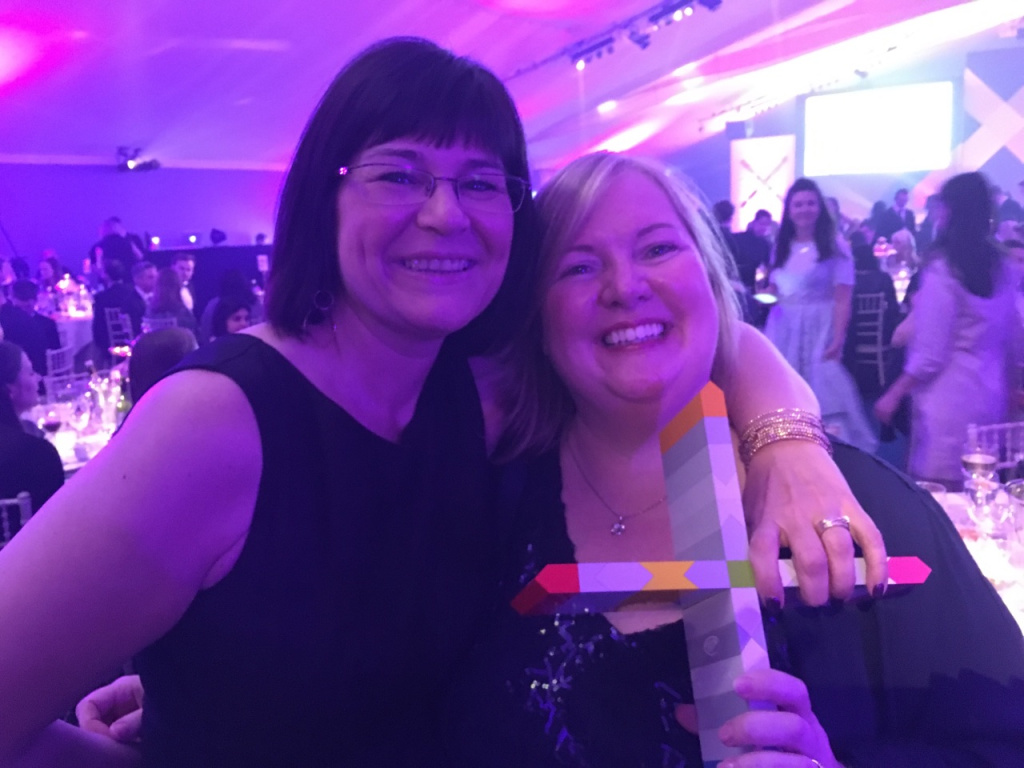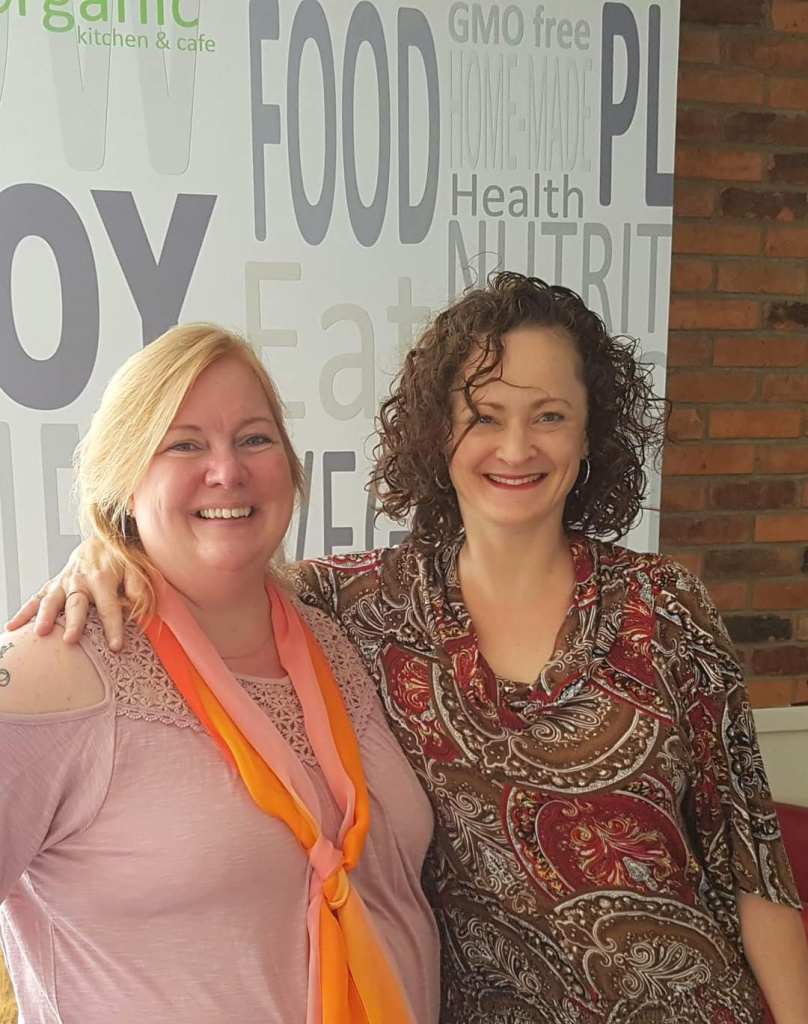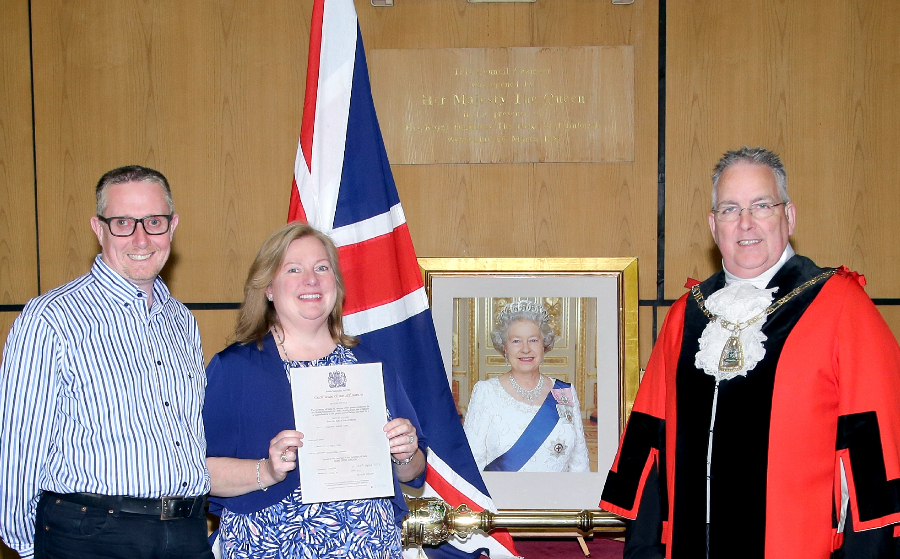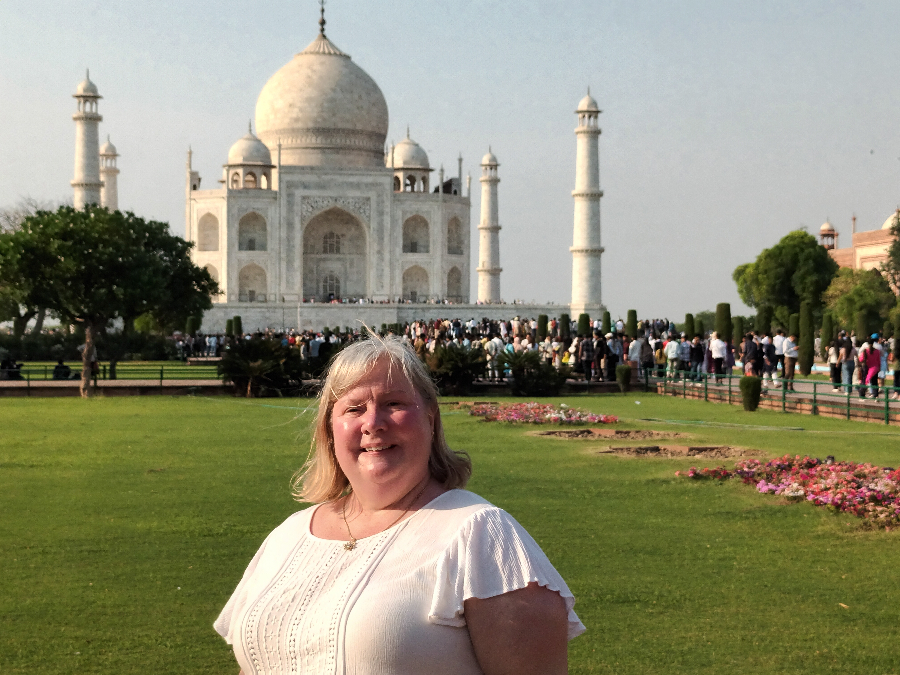How did you get there? Janice Townley

Great to catch up with Janice Townley who entered the UK research market in 2006, after a 17-year career in Toronto, Canada. Janice is currently the Consumer Research manager at Direct Line Group.
So how did you get into the industry, and take us through how you got to this point?
Like many others, I fell into a role in market research rather than planned for it. I started my research career at TD Bank, initially covering a maternity leave. My first projects involved competitive research and I soon moved on to managing the customer experience programme. The list of CX trackers grew as the bank launched more service channels and subsidiary businesses. A few years later, I was promoted to database management where we set-up the bank’s Oracle relational database and launched our first segmentation programme. It was a lot of fun visiting branches training teams on how the customers would be assigned to relationship managers and how the KPIs for their portfolio would be measured.
Looking to broaden my research experience, I took a role at another bank. Again I was managing customer experience programmes, but I was also involved in more analytical research including key drivers analysis and product/price optimisation studies. I found the techniques presented by our agency partners to be quite intriguing and I planned for my next role to be agency-side. I learned much more about managing stakeholder relationships and pitching for work while at these agencies. I also gained experience as a quallie and set-up my first online community for a global hotel chain.
I next turned to a role at an investment firm where I got involved in creative testing and ad and brand tracking. Sensing another business re-organisation and the impending recession, I considered moving to the UK. I was pleasantly surprised that my level of experience was in demand in this market and I had a few excellent opportunities to choose from. Nunwood was my first base in the North of England, followed by 5 years at Join the Dots. Both of these agencies gave me the opportunity to work on a wide range of projects, with clients in several sectors. Through these roles, I travelled up and down the UK and had a few European visits as well.
My next big goal was to experience life in London. I joined another agency to cover a maternity leave for a short time, then moved on to Direct Line Group. I’ve been at DLG for 11 years now and I love my role as a consumer research expert. There is so much variety to the types of questions I’m asked and there are countless opportunities for me to share research and analysis tips with my colleagues.

Why should anyone consider a career in market research, data and insights?
A career in market research, data and insights is a fantastic option for anyone who is curious about people, is skilled at critical thinking and wants to drive business growth.
There is a lot of variety in the role – one day you could be leading a discussion with pet owners or observing someone shopping for a holiday online and the next day you could be scripting an online survey, reviewing data tables or making a video compilation to be shared with the business leadership team.
You’ll be searching for patterns in consumer attitudes and behaviours to identify trends and business opportunities. You’ll be involved in shaping product development, marketing strategies and customer journeys. You’ll develop strong analytical skills and learn to uncover hidden patterns in data.
You could gain experience across a range of business sectors if you work agency-side or build a network of relationships within a client-side role. Businesses are increasingly reliant on customer-centred and data-driven decision making, so you should find excellent prospects in this career path.
Share a time when things didn’t go to plan and what did you learn from that?
I can think of a few occasions when things didn’t go to plan – from technical network issues, to not getting a clear brief or delays in reaching sample quotas. These setbacks help you to be resilient and remind you not to dwell on the negative consequences of an event. Make sure you build good relationships with your technical support and project management teams, so they’ll be willing to help you out of a tight spot.
When it comes to getting clarity on a brief, arrange to talk to the requester and key stakeholders to elaborate on the objectives for the study. If it’s an area that you don’t have a lot of experience in, ask a couple of your team-mates for some ideas on how the objectives could best be met. When two people work together to solve a problem, it will be easier than if one person tackles it alone.
What two things should junior researchers focus on as they progress in their careers?
Be an explorer: treat every day as an adventure and look out for new opportunities.
Set-up Google alerts for the businesses/industry you focus on and share relevant news with your clients/team-mates. Sign-up for newsletters and webinars from industry experts and check out the training options available through LinkedIn. Get involved in the events and training sessions offered by the research community (via MRS, CRIC, AQR, AURA, Quirk’s, GreenBook, IIEX and ESOMAR).
When faced with a new study where the topic is unfamiliar to you, do some desk research to learn more about it. Ask your client/team-mates for any background reading they would recommend. Put yourself in the consumer’s shoes by trying out the buying journey and product. See how it feels to be faced with so many options and how easy it is to make a choice. See what it’s like to ask for advice or to make an appointment or a payment. Read what people are saying about the brand/product on social media and consumer rating sites.
Here are a few book recommendations that will help you understand consumer behaviour and think about customer-centred design: Consumer.ology by Philip Graves, Thinking Fast and Slow by Daniel Kahneman, Start with Why by Simon Sinek and Jobs to be Done by Anthony Ulwick. Bad Science by Ben Goldacre is an entertaining read on statistics and research integrity.

Be a storyteller: as a researcher, you’ll likely be deeply immersed in data tables and interview/group transcripts. It takes a lot of practice to shift from simply reporting the results to formulating the key insights (what does it mean for us). Once you’ve gone through the initial analysis, work on establishing the key insights and write your headlines to build a compelling story. Try using a colourful infographic style for a one-page summary to go along with your full report. Practice sharing that story with your team-mates and ask them for some feedback on what was interesting, unclear or boring so you can make some improvements.
Consider that your story needs to suit the audience – the leadership team will likely want a high-level view of the information while the product or marketing team will want a more detailed view. All types of audiences will be using your story to decide on a business action, so it’s important to provide a concise view of the insights and recommendations.
Take inspiration from the great storytellers you see in your business, on webinars or at events, on YouTube and TikTok. Get more comfortable with telling stories by presenting to your team and your clients or producing short videos to be shared on your intranet.
Any advice for our sector?
First off, I’d like to thank all the people in the research community who have volunteered their time to design and run training sessions and to take part in activities that enhance the collective experience of the research industry. I have personally benefited from the webinars and skills training offered by the MRS over the years.
We could take a lesson from Alan Sugar’s Apprentice show – we need to encourage business start-ups and even well-established businesses to regularly touch base with target customers to hear what their needs and pain points are and what they think of your offering or new ideas. See if your local area has any business support groups that might welcome you as a speaker to give an overview of market research techniques.
We could talk to teachers about incorporating research tasks into their lesson plans and offer to speak to students about research/insight as a potential career path and the skills required to enter the industry.
We could consider co-hosting Research Hackathons to bring young professionals together to conduct a weekend research study to explore and offer solutions impacting business or social issues.
We could consider a research apprentice programme for college students to boost the intake of young people into the research community, alongside the existing graduate schemes. We could also consider sponsoring scholarships for promising individuals to complete their Masters degree in Market Research.

Anyone to acknowledge who has helped your career so far?
I’d like to credit Lisa Ritchie from TD Bank for giving me the opportunity to build my research skills from ground zero and to Chuck Chakrapani for the excellent Marketing Research Fundamentals training programme. A special shout-out to the Nunwood team for supporting me on my transition to working in the UK. I have much appreciation for the times I’ve worked with Ray Poynter at Join the Dots and for the presentations/training sessions he has delivered to the market research community over the years.
I’d also like to say a big thank you to Ann Constantine and Mark Evans (both formerly at DLG) for encouraging me to push my capabilities further each and every year. With their encouragement, I have had ample opportunities to learn my craft, employ new techniques and share my passion for learning from what people say and do.